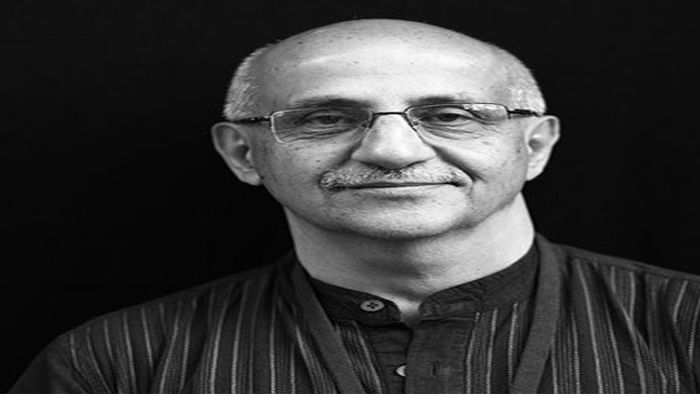ASSAM: CHILDREN OF THE DETAINEES, AN UNDEFINED FUTURE

- Jul 02, 2018,
- Updated Jul 02, 2018, 1:43 AM IST
The report jotted by human activist Harsh Mander decipher Special Vulnerabilities of Separated Children outside the Detention Centres
The Mission found that in the separation of families, a particularly vulnerable situation was created for children of parents who were detained. A child below 6 years would stay with the mother within the detention centre. But after 6 years, there are situations in which the child is declared Indian and both parents are declared foreigners. In these cases, the state takes no responsibility for the child, and the child is left to be taken care of by distant family members or the community. The legal handling of children above 6 who are declared foreigners is even more unclear and shaky.
The following cases studies of Harsh Mander's reveal the dreadful conditions of the mothers and perplexing future of the children of the detainees
"Arti Das is another elderly woman from Nagaon district has been lodged in the detention centre for the last three years. Her husband is also detained in Tezpur detention centre. Two of her sons are Indian citizen and staying in a rented house in Nagaon. She also complains that she didn’t get proper legal representation as they couldn’t afford lawyer"
"Khudeja Begum is a young widow at her late twenties. Two of minor children including four years old son are being looked after her brother in law (Husband’s younger brother). For the last one and half years she hasn’t been able to see her children. Unlike other Bengali (Muslim and Hindu) detainees, she belongs to ethnic Assamese Muslim community."
"Jamila Khatun, thirty two years old. She is also from ethnic Assamese community. When she was detained, her son was just 14 days old. It has been four years. Her son hasn’t seen the outside world".
Thus it becomes very necessary on the part of the government to atleast peek from the humanitarian aspect to decide the future of the children of the detainees and discard the complexities looming over their future.